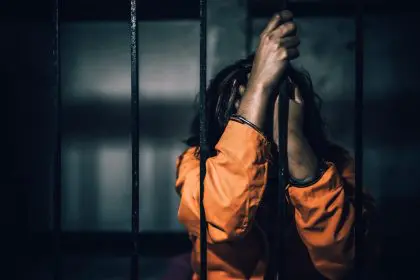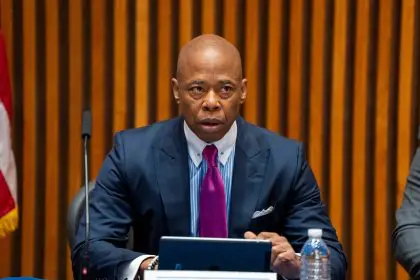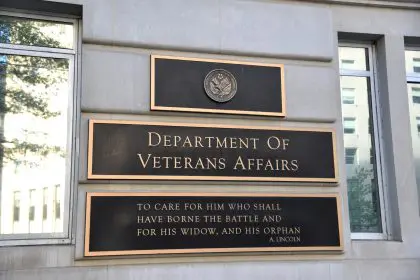A federal court‘s groundbreaking decision has awarded Charles Murrell, an unhoused musician, millions in damages following a brutal assault by members of Patriot Front, a white nationalist organization, during a performance in Boston. The 2022 incident and subsequent ruling highlight both progress and continued challenges in addressing racial violence.
Justice served through civil action
While criminal charges remain notably absent, U.S. District Court Judge Indira Talwani’s ruling delivered a powerful message through substantial financial penalties. The court ordered Patriot Front to compensate Murrell with:
- $25,000 for physical injuries sustained during the attack
- $500,000 for psychological trauma and emotional distress
- $230,000 for lost income and career opportunities
- $2 million in punitive damages
The judgment also includes coverage for legal expenses, though the exact amount remains undisclosed. This verdict represents a significant precedent in civil rights cases, demonstrating that perpetrators of racial violence can face serious financial consequences for their actions.
The path forward
The attack, which was captured on video, showed Murrell being physically assaulted while enduring racial epithets. Despite the evidence, the Boston Police Department maintains an open investigation without arrests, raising questions about law enforcement’s approach to hate crimes.
Nearly three years after the incident, Murrell continues to navigate housing insecurity while processing the trauma of the attack. His ongoing struggle for stable housing illuminates the complex intersection of racial violence, economic inequality, and systemic barriers facing assault survivors.
The case has sparked renewed dialogue about accountability in addressing hate crimes. Civil rights advocates emphasize that while financial penalties mark progress, comprehensive justice requires criminal prosecution and systemic changes in law enforcement’s handling of racial violence.
This landmark verdict sends a clear message about the consequences of organized hate, while also revealing the work still needed to ensure true safety and belonging for all community members. The ruling demonstrates that civil courts can provide an alternative path to justice when criminal proceedings fall short.
Moving forward, this case stands as both a victory and a reminder that addressing racial violence requires sustained commitment across legal, social and community channels. While the substantial monetary award represents accountability in one form, the broader fight for comprehensive justice and protection of vulnerable community members continues.
The impact of this ruling extends beyond its immediate financial implications, potentially influencing future civil rights cases and encouraging others who have experienced similar violence to pursue justice through civil litigation. However, the persistent lack of criminal charges underscores the gap between civil penalties and criminal accountability in addressing organized hate groups.
This case illuminates both progress and persistent challenges in confronting racial violence while highlighting the critical importance of continued advocacy for comprehensive justice reform and support for survivors.

















